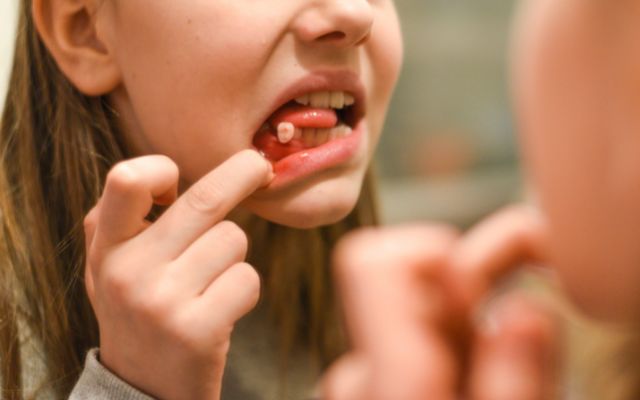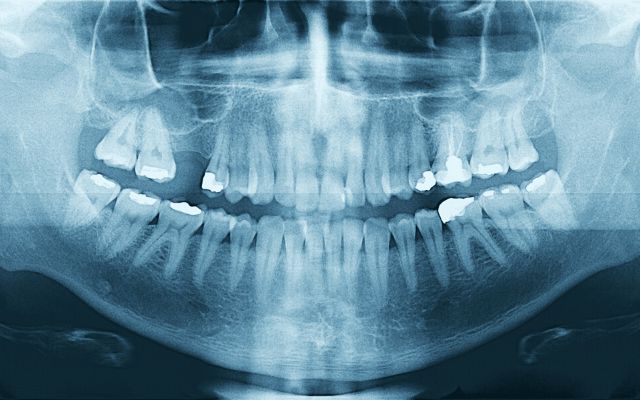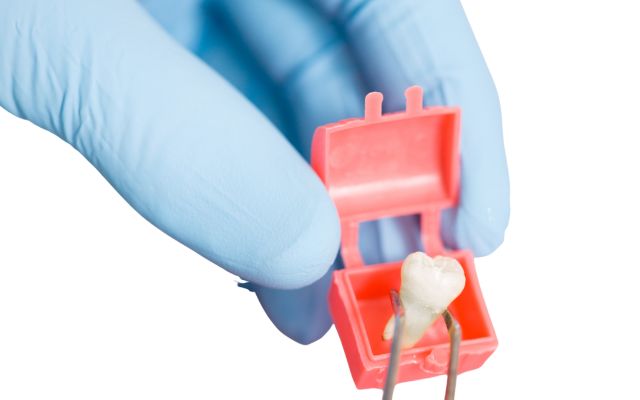Loose Teeth: Causes, Prevention & Treatment In Bassendean
Loose Teeth: When a tooth has been dislodged or loosened from its socket by trauma or decay, it might be possible to save it. This article describes treatment options for a loose tooth and discusses possible causes and preventative measures for loose teeth.
If the tooth remains in the mouth and is attached to the blood vessels and nerves, there is a good chance root canal therapy will not be necessary.
It is important to call the dentist immediately to make an appointment. In the meantime, use a cold compress and over-the-counter medications to relieve pain. The dentist will reposition the tooth and add splints to stabilize it. If the tooth fails to heal, root canal therapy may be required.
What is Loose Tooth?

A loose tooth is not firmly anchored in its socket or gum and can move or wiggle when stroked or moved with the tongue. There are numerous causes of loose teeth, including trauma or injury to the tooth, periodontal disease, and natural processes such as the loss of baby teeth during childhood.
It is normal for children’s teeth to become lax as they prepare to fall out and make way for permanent teeth. In adults, however, a displaced tooth may indicate underlying dental or health problems and should be evaluated by a dentist or medical professional. It is crucial to address loose teeth as soon as possible to prevent further injury or potential tooth loss.
Some causes of Loose Tooth

There are several causes of loose teeth, including:
Gum disease
Gum disease, also called periodontal disease, is a bacterial infection that can inflame and damage the tissues that support the teeth. Periodontal disease can cause teeth to detach and become unstable over time.
Trauma or injury
A blow to the face or jaw can cause teeth to become dislodged or loose. In some instances, the tooth may be salvageable with prompt dental care.
Bruxism
Bruxism: Bruxism, or teeth clenching, can lead to loose teeth over time. Constant force and pressure on the teeth can cause damage to the tissues and ligaments that hold the teeth in position.
Aging
As individuals age, the supporting tissues and ligaments surrounding the teeth can weaken, causing the teeth to loosen or shift.
Poor oral hygiene
Poor oral hygiene can result in the accumulation of plaque and bacteria on the teeth and gums, which can contribute to gum disease and tooth decay. These conditions can cause teeth to become lax over time.
Medical conditions
Certain medical conditions, such as osteoporosis, which causes bone deterioration, can also contribute to unstable teeth.
Treatment Options for a Loose Tooth

Tooth splinting: Tooth splinting involves attaching the loose tooth to adjacent stable teeth using a splint or bonding material. This provides support and stability to the loose tooth, allowing it to reattach to the surrounding tissues and bone. Your dentist may recommend this treatment if your loose tooth is caused by an injury or trauma, or if it has become loose due to gum disease.
Gum disease treatment: Gum disease is a common cause of loose teeth. If your loose tooth is caused by gum disease, your dentist may recommend scaling and root planing, which involves removing plaque and tartar from the tooth roots and smoothing the tooth surface to help your gums reattach to the tooth. Your dentist may also recommend gum surgery or other periodontal treatments to help restore the health of your gums and supporting tissues.
Orthodontic treatment: Misaligned teeth or an improper bite can cause a loose tooth. Your dentist may recommend orthodontic treatment, such as braces, to realign your teeth and improve your bite. This can help distribute the forces of chewing and biting more evenly, reducing the stress on the loose tooth and allowing it to reattach to the surrounding tissues.
Dental bridges or crowns: If your loose tooth cannot be saved, your dentist may recommend a dental bridge or crown to replace the tooth and restore your bite. A dental bridge is a fixed appliance that uses adjacent teeth to support a replacement tooth, while a dental crown is a cap that is placed over the remaining part of the tooth to protect and strengthen it.
Tooth extraction: In some cases, the only option may be to remove the loose tooth, especially if it cannot be saved and is causing pain or other oral health issues. Your dentist may recommend a tooth extraction if the tooth is severely damaged, infected, or impacted.
Can a loose tooth tighten itself back up?
It depends on the underlying cause of the looseness as to whether or not a loose tooth can firm itself back up.
If the looseness is caused by mild gum disease or mild trauma, for instance, the tooth may tighten on its own as the gum tissue heals and reattaches to the tooth. Similarly, if the looseness is caused by a temporary tooth eruption, such as in children, the tooth may tighten as it settles into its ultimate position.
If the tooth has become lax due to severe gum disease, tooth decay, or a traumatic injury, it may not tighten on its own and may require professional treatment. In certain instances, a loose tooth may require stabilization or even extraction to prevent further injury.
It is crucial to see a dentist as soon as possible if you have a loose tooth in order to determine the underlying cause and appropriate treatment: bone loss, tooth loss, deep cleaning, dead tooth, common cause.
How to prevent Loose tooth?

There are several things you can do to help prevent loose teeth:
- Practice good oral hygiene: Brush your teeth at least twice a day and floss daily to remove plaque and bacteria that can cause gum disease, which is a leading cause of loose teeth.
- Visit your dentist regularly: Regular dental checkups and cleanings can help prevent and detect early signs of gum disease and other dental issues that can lead to loose teeth.
- Wear a mouthguard: If you play sports or grind your teeth at night, wearing a mouthguard can help protect your teeth from damage and looseness.
- Avoid tobacco use: Smoking and using other tobacco products can increase your risk of gum disease and tooth loss.
- Eat a balanced diet: A healthy diet that is rich in calcium, vitamin D, and other essential nutrients can help keep your teeth and gums healthy and strong.
- Manage stress: Stress and anxiety can cause you to grind your teeth, which can lead to tooth damage and looseness. Practice stress management techniques, such as deep breathing, meditation, or exercise.
By following these steps and taking good care of your teeth and gums, you can help prevent loose teeth and maintain good oral health.
FAQs about Loose Tooth
Is it normal for a child to have a loose tooth?
Yes, it is typical for adolescents to experience tooth loss. As children mature, their permanent teeth begin to erupt and displace their baby teeth, causing them to loosen. This is a normal aspect of the process of losing baby teeth and gaining adult teeth, and it typically begins between the ages of 6 and 7.
In the majority of cases, a child’s loose tooth will slide out on its own as the permanent tooth below pushes it out. This can take several weeks or even months, and it is crucial to encourage children to gently wiggle their loose teeth in order to further loosen them and encourage their natural removal.
What should I do if I notice that one of my teeth has become loose?
If you notice that one of your teeth has become missing, you should make an appointment with a dentist as soon as you can so that the problem can be properly diagnosed and treated. In the meantime, you should exercise proper oral hygiene and refrain from chewing on the tooth that is affected.
Is it possible to save a molar that is loose?
Professional treatment, such as a dental splint or root canal therapy, may be able to save a tooth that has become loose; however, this will depend on the underlying reason as well as the degree to which the tooth has become unstable.
Nevertheless, extraction of the teeth may be necessary in certain circumstances in order to prevent further damage or infection.





